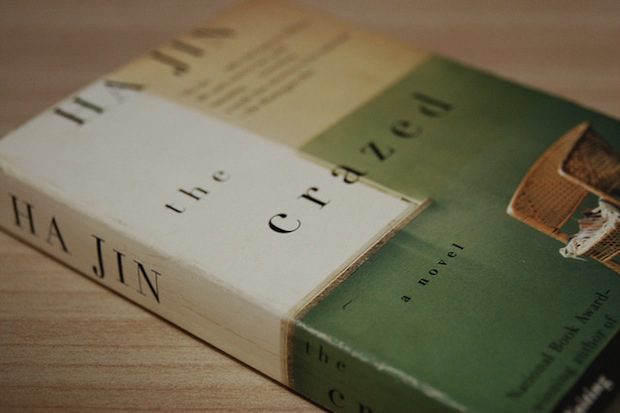Dante vs. Mao

In the LA Review of Books, Michelle Kuo writes about the work of novelist Ha Jin, a Chinese dissident living in exile:
The Crazed can be read as a counterfactual to the author’s life. What if Jin, like Jian, had failed the TOEFL and been unable to immigrate to the States? Would he have gone to Tiananmen? Or, what if Jin had gone back to China to teach in 1989? Would he have become like the crazed professor, pronouncing from his deathbed that all professors were “clerks,” beholden to the state, unable to live freely as intellectuals? These two protagonists, one elder and one younger, are the people he might have been, the people he escaped becoming.
Yang urges his student to read The Divine Comedy. It saved his life, he says. When the Cultural Revolution broke out, he was called a “Demon-Monster” by rebels, because he had translated foreign poems and once praised Goethe. Tormented by revolutionaries on campus, he was forced to wear a dunce hat with his family name. A bucket filled with water was hung around his neck, to keep his back bent and his head low. Elsewhere in the book, it is implied that he begged the rebels not to burn his books, to no avail.
“But during the torture I would recite to myself lines from The Divine Comedy,” he tells Jian. “They could hurt me physically, but they could not subdue my soul.” Then he asks Jian, “Where are we now? […] We’re certainly not in paradise, are we?” China, he says, is between hell and purgatory.
Later, on the bed where he will die, he recites Beatrice’s words in Paradiso:
You are so close to ultimate bliss […]
that you must purify your passion
And keep your eyes clear and keen.
Before you go further into it,
Look down and see how much of the world
I have spread beneath your feet.
The persecuted Russian poet Osip Mandelstam so loved Dante that he always carried with him a pocket edition of the Commedia, so he would be able to take it with him to prison when the Soviet secret police arrested him.
Thanks to the reader who sent me the Kuo essay.
Subscribe for as little as $5/mo to start commenting on Rod’s blog.